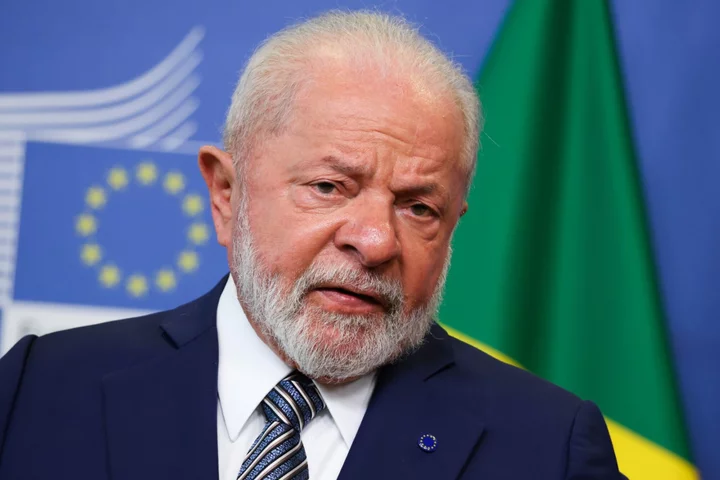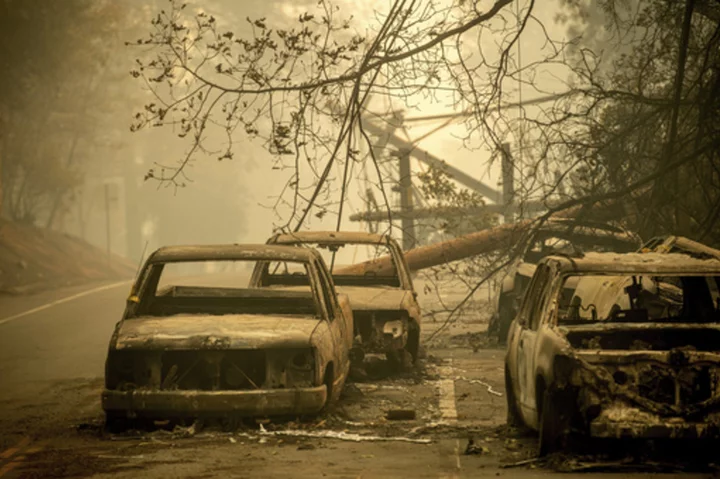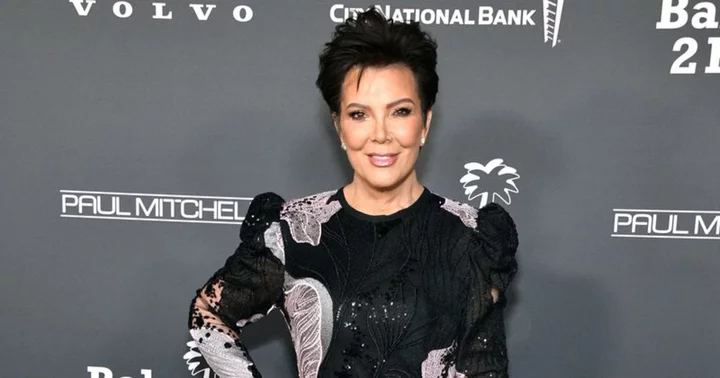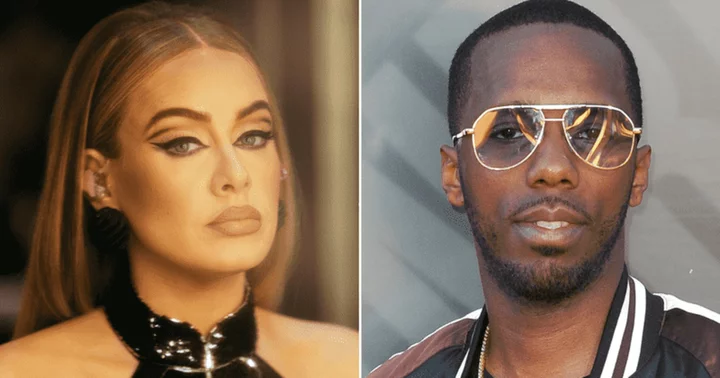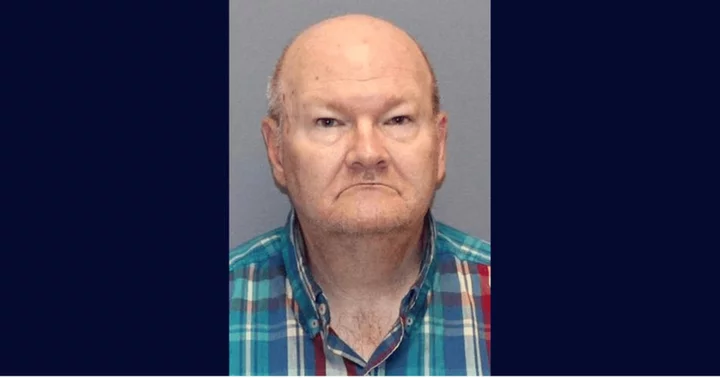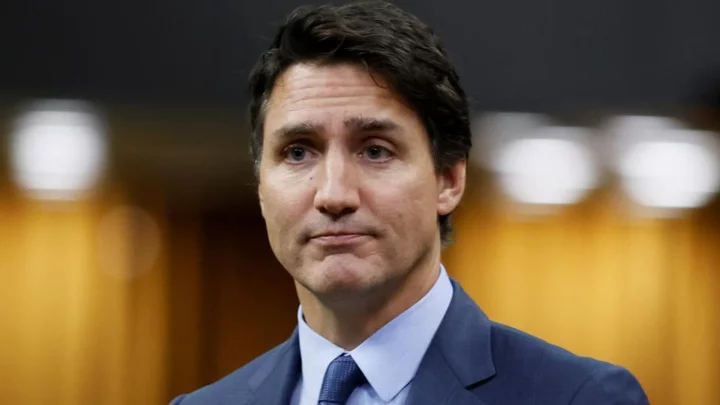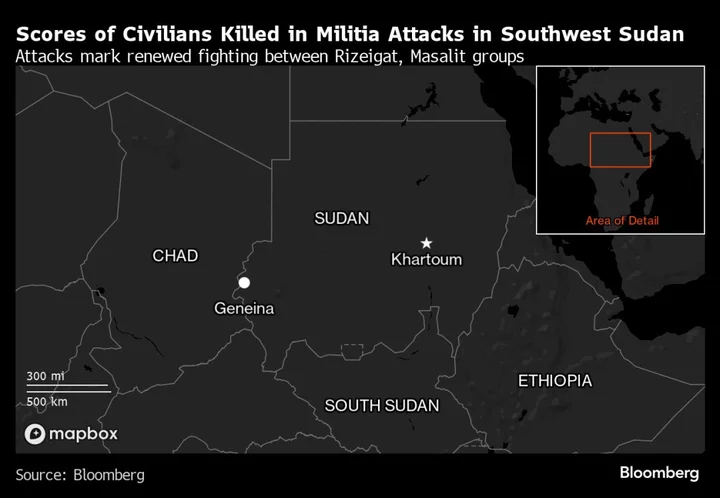President Luiz Inacio Lula da Silva expects Brazil’s central bank to begin cutting interest rates on Wednesday, saying he “can only hope” that policymakers launch the easing cycle he has demanded for months.
Analysts widely anticipate that the central bank will begin lowering the benchmark Selic from its six-year high of 13.75% when its monetary policy committee concludes its August rate decision meeting later in the day.
The leftist leader, however, reiterated his criticism of bank chief Roberto Campos Neto, saying “it seems to me that he does not understand Brazil and does not understand its people.”
“I do not know who he is serving, but it isn’t Brazil,” Lula said in an interview with international reporters at the presidential palace.
Read More: Brazil Readies Latin America’s Next Key Rate Cut: Decision Guide
Lula has blasted the bank since his return to the presidency in January, largely because he sees high borrowing costs as a drag on the economy and a barrier to his promises of growth, prosperity and new social welfare spending.
But falling inflation rates have now paved the way for Brazil to become one of the world’s largest economies to embark on an easing cycle at this week’s meeting, which is also the first to include Gabriel Galipolo, a Lula appointee who is widely considered a potential successor to Campos Neto when his term ends in December 2024.
Despite the renewed criticism, Lula insisted that he is optimistic about the country’s economic outlook.
“We’re going to keep growing anyway, and that’s why I’m calm,” he said.
Argentina Elections
Lula said he is closely following upcoming elections in Argentina, where voters will head to the polls for Aug. 13 primaries to choose candidates for October’s general contest.
Inflation rates above 115% and a looming recession have opened the door for conservative opposition figures and outsider candidates to succeed President Alberto Fernandez, a Lula ally. Economy Minister Sergio Massa will represent the Peronist governing coalition.
“I pray to God that democracy prevails in Argentina,” Lula said. “That the candidate who has more perspective to talk about social inclusion wins, and not the candidate who thinks that social investment is spent.”
Read More: Argentina’s IMF Deal Is But One Hurdle to Massa’s Presidency Bid
He called on the International Monetary Fund to take a more lenient approach to the country, which last week struck a refinancing agreement with the Washington-based lender amid a record drought that has battered the Argentine economy.
“The IMF should have a little more patience with Argentina, because it knows the drought situation,” he said. “The IMF shouldn’t have a sword over the head of the president.”
BRICS Expansion
Brazil has resisted China’s push to rapidly expand the BRICS bloc of nations when leaders of the current group gather in South Africa later this month. Numerous nations have sought to join Brazil, Russia, India, China and South Africa as members.
During the interview, Lula called the idea of expansion “extremely important” but said the current membership needs to reach a consensus first.
“We want to make the BRICS very strong financially and politically, and more inclusive, to help developing countries,” he said. “That is why we are going to discuss the entry of new countries, as long as the membership rules are complied with and there is consensus among the member nations.”
Read More: China’s Bid to Expand BRICS Said to Get India, Brazil Pushback
India has pushed for strict rules on how to bring other nations closer to the BRICS without fully expanding its membership, and Brazil has expressed concerns about alienating the US and European Union, according to officials with knowledge of the matter.
But Lula also said the Group of 7 nations — made up of the US, UK, Germany, Japan, Canada, France and Italy — had outlived its relevance after the much larger G-20 bloc was created two decades ago. The Group of 20 includes the BRICS nations and others from the developing world.
“The way of discussing politics in the G-7 is outdated,” he said. “In fact, the G-7 shouldn’t even exist after the creation of the G-20.”
--With assistance from Bruna Lessa.
(Updates with Lula comments on Argentina, BRICS and additional context from fifth paragraph)

